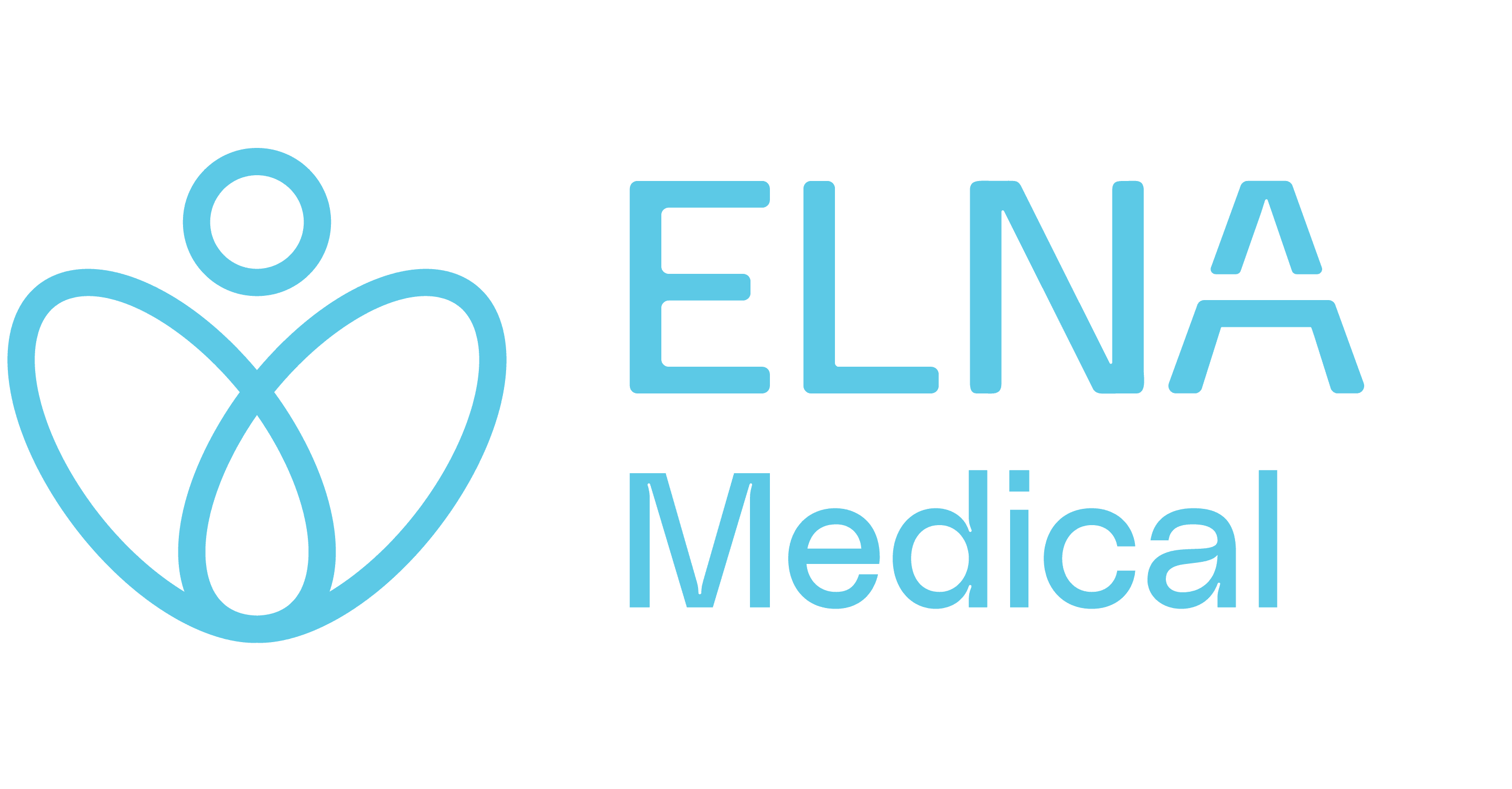It takes practice and time to quit smoking. The benefits of stopping smoking are worth the effort. Different strategies work better for different people. Discover the different solutions and tips to quit smoking.
Smoking cessation medications
Medications used to support the quitting process include nicotine replacement therapy (NRT), which is designed to help ease withdrawal symptoms and cravings. NRT contains nicotine without the other harmful chemicals found in tobacco. NRT is available over the counter at the pharmacy, and different forms of NRT include chewing pieces (gum), the nicotine patch, inhaler, lozenges, and mouth sprays. Other medications used in smoking cessation include bupropion and varenicline. Research shows that when used as directed, and combined with support groups or counselling, these medications can increase your chance of success. Speak to your doctor about which medications may be appropriate for you.
Support groups and counselling
Group programs usually involve meeting small groups of people who are all trying to quit smoking. Group support programs can increase your chances of success and keep you motivated to stay on track. Contact your local public health department to locate any smoking cessation groups active in your community.
There are other great ways to find support, including quit lines, online forums, interactive websites, smartphone apps and text message services. Individual counselling programs can range from brief advice and counselling offered by a health care professional to intensive counselling available through specialty clinics. Talk to your doctor about whether individual counselling is an appropriate option for you.
Tips to quit smoking
Quitting smoking may be hard, but it can be done! Here are some tips to help you quit:
- Develop an action plan to improve your chances of quitting. Writing the plan down will help you think more carefully about what you need to do and how you will approach it.
Try the following:
– Pick a day as your “quit date,” which is the day you intend to stop smoking. Write this date down.
– Make a list of the important benefits of quitting and read it over before and after you quit. Use this list while you are trying to quit to remind yourself of your reasons for quitting.
– List the situations in which you smoke and the reasons why you smoke – this will help you identify what “triggers” you to light up.
– List fun and healthy activities to replace smoking, and be ready to do these when you feel the urge to smoke. - Avoid smoking triggers. Starting with your quit date, try to remove or avoid your smoking triggers. For example, if you associate coffee with smoking, try drinking tea or water instead. If you usually smoke at parties, find other ways to socialize with friends until you feel comfortable and confident about facing these situations.
- Don’t carry matches, a lighter, or cigarettes.
- Each day, delay lighting your first cigarette by one hour. After the first cigarette, when you have your next craving to smoke, delay for another 15 minutes or half an hour. By delaying each cigarette, you take control.
- Familiarize yourself with possible withdrawal symptoms and how you plan to handle them.
- Get moving! Exercise is a great way to relax and feel good; use exercise rather than smoking to deal with stress. As you exercise, with each deep breath you take, you can start to repair some of the damage done to your body from smoking.
- Build your own support network. Enlist the help of a close friend or family member, your doctor, someone you know and respect who has recently quit, or someone who wants to quit smoking with you.
See a doctor to quit smoking
Your family doctor is the best person to support you in your withdrawal. Unlike support groups, he has the advantage of knowing your current state of health and your medical history. He can advise you with the appropriate strategies, prescribe the first treatments and refer you to specialists if necessary. Don’t hesitate to consult a doctor to learn more!

Need a doctor? ELNA Medical’s family medicine services facilitate access to comprehensive, preventive health care at every stage of your life.
All material copyright MediResource Inc. 1996 – 2023. Terms and conditions of use. The contents herein are for informational purposes only. Always seek the advice of your physician or other qualified health provider with any questions you may have regarding a medical condition. Source: www.medbroadcast.com/healthfeature/gethealthfeature/Quitting-Smoking-The-Road-to-Recovery













